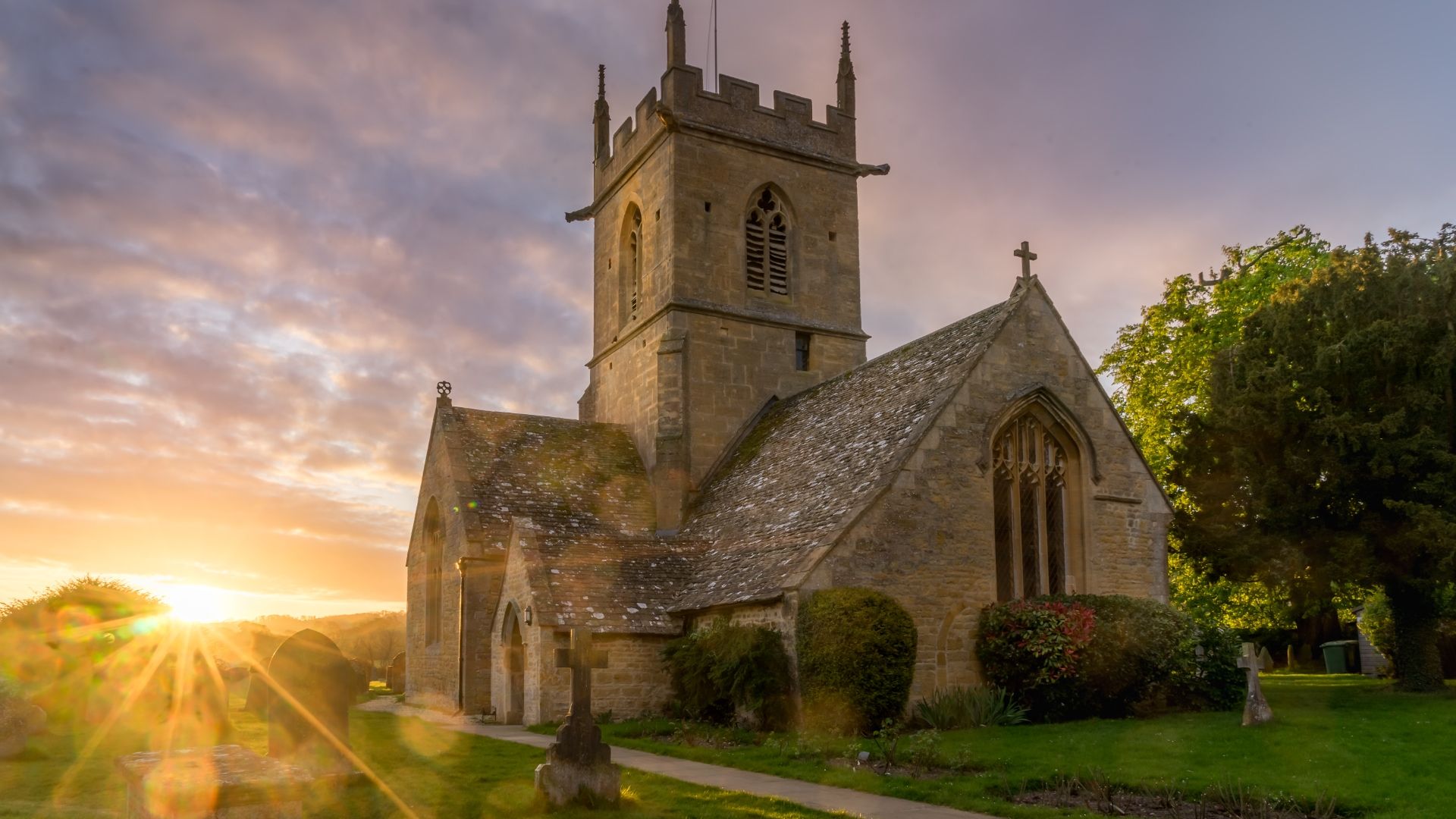Systemic Evil


It’s become a joke in my house. Of all the courses I took in university, I got one of my highest marks in a course called Evil. I also got one of my lowest marks in a course called Love.
I don’t remember much about either course, except for The Four Loves by C.S. Lewis, and an important theological concept: the idea of institutional evil.
More Than Personal Sin
I had a category for individual sin. We are all natural-born sinners who want to choose our own way rather than God’s.
I understood this, but I didn’t understand the complexities of sin. I should have. James 3:15 says that bitter jealousy, selfish ambition, boasting, and falsehood are not from above, but is “earthly, unspiritual, demonic.” It’s interesting that James speaks of the multifaceted nature of sin. Christians throughout the years have typically spoken of evil as coming from the world, the flesh, and the devil.
Evil reveals itself in these three ways:
- The world is fallen, and worldly systems are capable of great evil.
- The flesh is fallen, and we’re easily enticed by sin.
- The devil is active, and he wages war against God and God’s people.
Mainline churches usually recognize the first point; evangelicals usually accept the second and third. If we’re to really understand evil, we need to accept all three. As Jammin Goggin and Kyle Strobel write:
We need to reject these reductionist approaches to the reality of evil in our world. All three elements are participating in the way from below, propagating the way of evil all around us. They all must be accounted for. (The Way of the Dragon or The Way of the Lamb)
I’m not sure why evangelicals have been reticent in acknowledging institutional or systemic evil, but I’m glad this seems to be changing. I was encouraged, for example, to read this tweet the other day:
I've always wondered why it's been so hard to convince those holding to "total depravity" that there's systemic & institutional sin.
— Anthony Bradley (@drantbradley) February 18, 2017
We need a doctrine of evil that understands the reality of institutional evil, personal evil, and demonic evil. All three exist, and we are mistaken if we ignore any of these three elements.
An Example from Church History
Goggin and Strobel give an example from church history. Kyle Strobel is a systematic theologian who specializes in the work of Jonathan Edwards. Edwards is one of the greatest theologians and philosophers in American history. Many consider him to be one of the greatest Christian thinkers ever.
And yet Edwards was caught up in institutional evil:
Despite his greatness, Edwards was a slave owner. While it is important that he raised his son to be fluent in Mohican, and that his son carried on his theology and utilized his father’s insights to fight slavery, Edwards didn’t fight it himself. Even though Edwards had a prophetic consciousness about him and attacked the evil and misguided ideology around him, this was an area he failed to see. Perhaps the greatest thinker in our nation’s history was blinded to the most obvious system of oppression in our nation’s history.
If Edwards was complicit in a system of evil, we are capable of the same. Recognizing the existence of institutional evil may make us aware of the existence of blind spots, and of our propensity to adopting worldly systems without even knowing it. “Which of our failures will continue to wreak havoc and undermine our ability to be faithful to our call?” Goggin and Strobel ask. “Which of our failures will form our grandchildren’s churches?”
Three Implications
First: If you are a pastor, teach on the multi-dimensional nature of sin. Don’t ignore the reality of systemic or institutional evil.
Second: Work to discern not only your own temptations and sins, and Satan’s activities in your life, but ways that you’re tempted to participate in systemic evil. Noticing the existence of such evil is an important first step.
Third: Long for the day when God will defeat all three kinds of evil. Long for his kingdom to come. Pray Revelation 22:20: “Come, Lord Jesus!”






